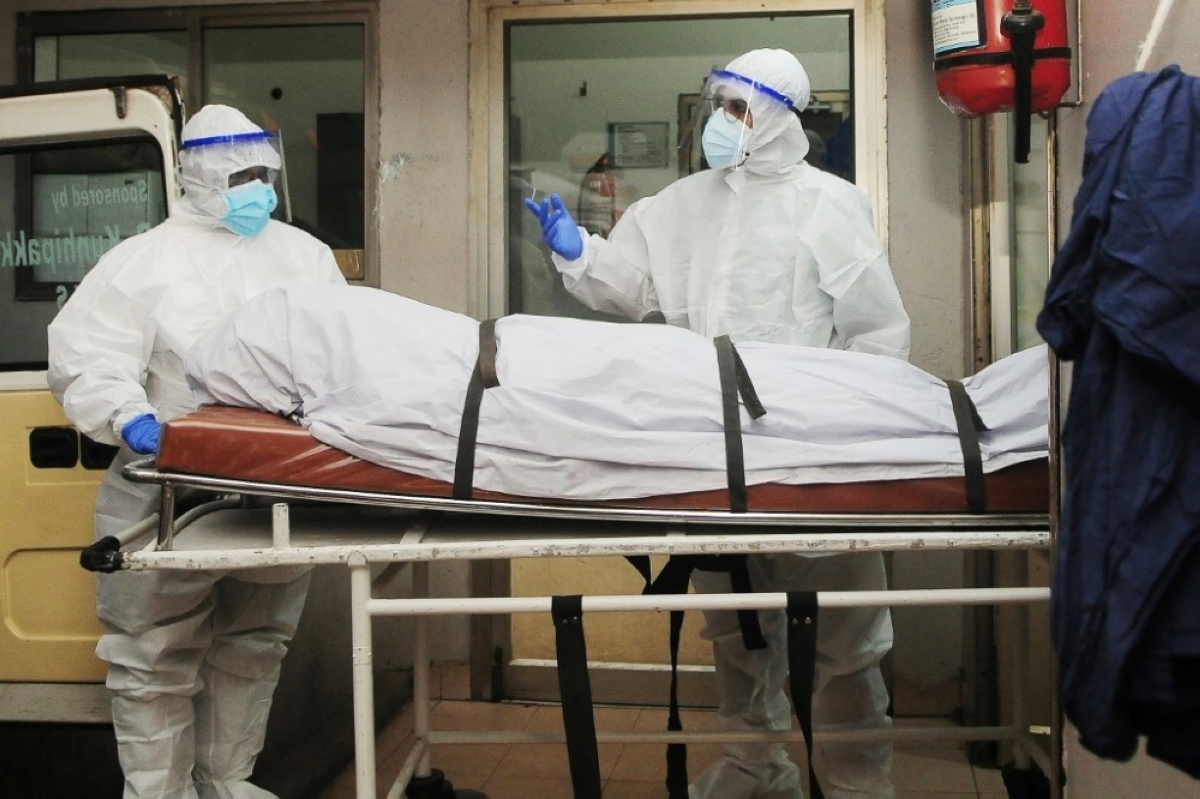Infection
India steps up measures to curb Nipah infections
NEW DELHI: Authorities in southern India have increased surveillance measures to contain the spread of the Nipah virus, officials said on Saturday.
The measures have been intensified in Kerala state’s Kozhikode district, where at least six cases have been detected. Of these, two already died.
State-run broadcaster All India Radio (AIR) said at least 1,080 people were on the contact list of Nipah-infected patients in Kozhikode, of which 297 are in the high-risk category.
“Those [on] the contact list are kept in isolation and their body fluids have been sent for testing,” the broadcaster quoted officials as saying.
Health workers covered more than 15,000 houses in the district as part of their field survey.
Reports say that after a resident in Kozhikode’s Cheruvannur town tested positive for Nipah on Friday, the local administrator declared the 5-kilometer area around the case’s house a containment zone.
Strict perimeter control has been enforced in several areas falling under the Kozhikode Municipal Corp., which administers the district. Officials have put up barricades to limit access to these areas.
The administrator also directed all schools to hold classes online until September 24.
Also on Friday, Rajiv Bahl, director-general of Indian Council of Medical Research (ICMR), said his group had reached out to Australia to acquire 20 more doses of monoclonal antibodies to treat Nipah sufferers.
“We got some doses of monoclonal antibodies from Australia in 2018. Currently, the doses are available for only 10 patients,” Bahl said, adding that these antibodies had been given to 14 Nipah-infected people outside India and all of them survived.
No one in the South Asian country has received this treatment, he said.
“Twenty more doses are being procured. But the medicine needs to be given during the early stage of the infection,” he said. “It can only be given as compassionate use medicine.”
Teams from the ICMR’s National Institute of Virology and National Institute of Epidemiology have been deployed and are working with Kerala authorities to strengthen containment efforts.
Kerala first experienced a Nipah outbreak in the Kozhikode and Malappuram districts in 2018, killing 17 people.
The virus has no vaccine and a fatality rate ranging from 40 to 75 percent, the World Health Organization (WHO) said.
The incubation period — the time from infection to the onset of symptoms — ranges from about four to 14 days, but has been reported to be as long as 45 days, it added.
Symptoms include intense fever, vomiting and a respiratory infection, but severe cases can involve seizures and encephalitis, an inflammation of the brain and result in a coma.
The virus was first identified in 1998 after it spread among pig farmers in Malaysia. In India, the first Nipah outbreak was reported in West Bengal state in 2001.
The WHO lists Nipah as one of its priority diseases that pose “the greatest public health risk due to their epidemic potential” and where there is “no or insufficient countermeasures.”
WITH AFP

